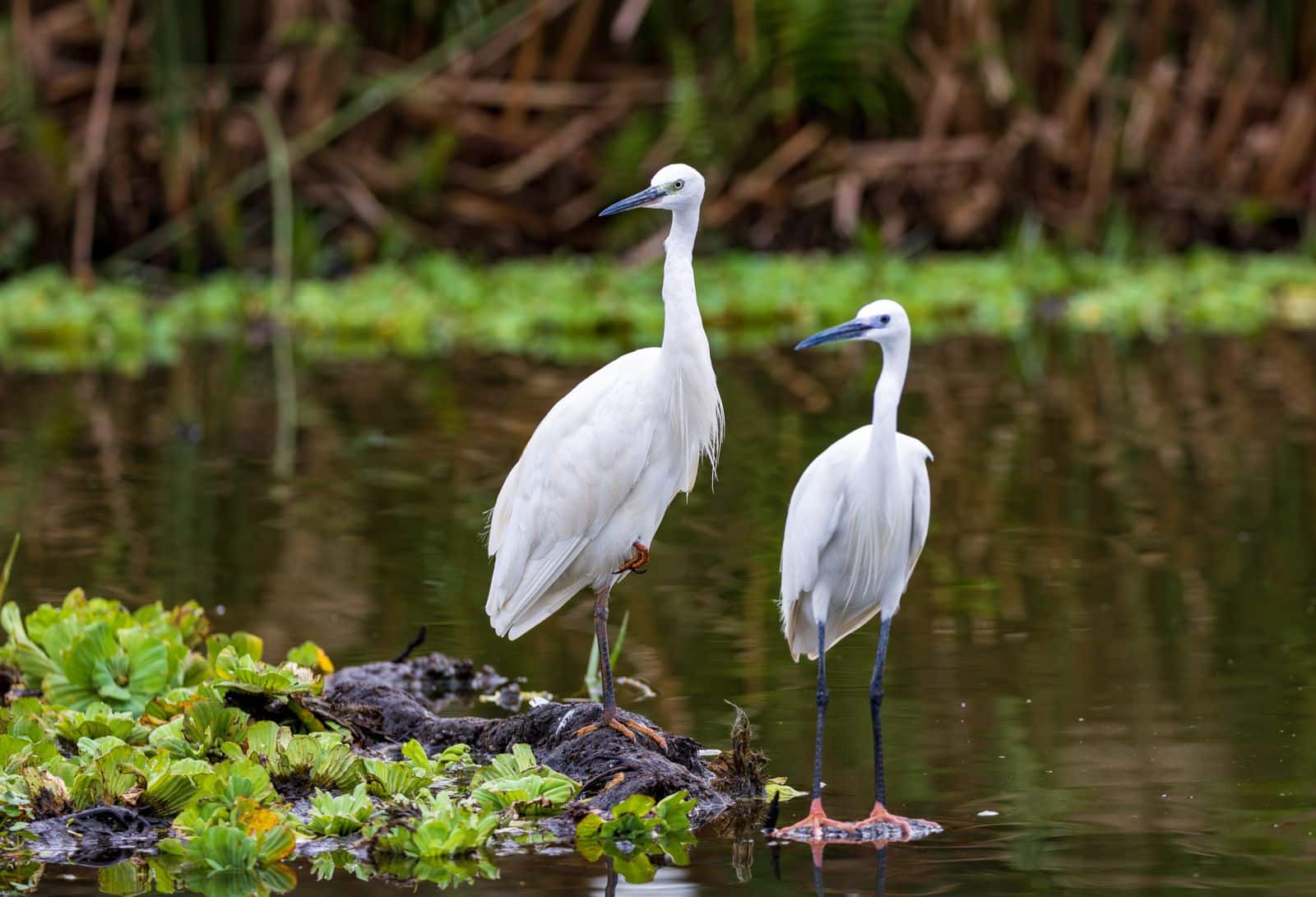How to Prepare for Your Uganda Trip, Tour, or Safari -Uganda travel advice (Easy Guide)
Welcome to the Uganda travel advice – your one-stop resource for planning an unforgettable trip to the “Pearl of Africa.” Whether you’re coming for a safari, cultural experience, student trip, or mission placement, these tips will help you stay safe, comfortable, and well-prepared.
Uganda offers a rich mix of friendly people, stunning landscapes, abundant wildlife, and vibrant culture. With a little preparation, you can relax and focus on enjoying your journey.

Quick Uganda Travel Tips
-
Visa required – apply online or at your local Ugandan embassy.Yellow fever vaccination is mandatory.
-
Best time to visit: December–February and June–August (dry seasons).
-
Carry some Ugandan Shillings (UGX) for rural areas – but USD/EUR are accepted in many hotels.
-
Always book gorilla and chimpanzee permits in advance through Msafiri Tours.
-
Drink only bottled/boiled water and use insect repellent.
-
Uganda is generally safe and welcoming – but use common sense like in any country.
Why Visit Uganda?
Uganda is one of Africa’s most diverse destinations, known for:
-
Gorilla trekking in Bwindi and Mgahinga.
-
Wildlife safaris in Murchison Falls, Queen Elizabeth, and Kidepo.
-
Adventure sports in Jinja (the source of the Nile).
-
Cultural immersion with 50+ ethnic groups, traditional music, and festivals.
-
Green landscapes & mild climate year-round.
Where is Uganda?
Uganda lies in East Africa, bordered by Kenya, Tanzania, Rwanda, DR Congo, and South Sudan. It straddles the Equator and is part of the Great Lakes region, with Lake Victoria and the Nile as key landmarks.
Is Uganda Safe to Visit?
Yes! Uganda has been stable for decades, and millions of tourists visit each year.
-
Petty theft can occur in big cities (like Kampala) – just stay alert.
-
Travel with a local guide for the best experience.
-
Avoid political rallies or late-night walks.
With Msafiri Tours, you’re in safe hands from airport pickup to drop-off.
Best Time to Visit Uganda
Uganda is a year-round destination.
Dry Season (Dec–Feb, Jun–Aug): Best for safaris and gorilla trekking.
Wet Season (Mar–May, Nov): Great for birdwatching, fewer crowds, and discounted lodges.
Top Cities & Towns to Explore
-
Kampala – Uganda’s capital; visit Kasubi Tombs, Uganda Museum, and royal palaces.
-
Jinja – Adventure capital, home to the Nile’s source, rafting & kayaking.
-
Fort Portal – Gateway to Kibale chimps, crater lakes, and Rwenzori Mountains.
-
Kisoro & Kabale – Base for gorilla trekking in Bwindi & Mgahinga.
Uganda’s Natural Wonders
Uganda has 10 national parks, each with unique experiences:
-
Bwindi & Mgahinga – Gorilla trekking.
-
Murchison Falls – Powerful waterfalls, Big Five safaris.
-
Queen Elizabeth – Tree-climbing lions & boat cruises.
-
Kidepo Valley – Remote wilderness with rich culture.
-
Rwenzori Mountains – Snowcapped peaks on the equator.
Fun fact: Uganda has 342 mammal species and over 1,000 bird species!
Uganda’s Culture & Festivals
Uganda is home to over 50 ethnic groups, each with unique traditions.
Cultural highlights:
-
Batwa Pygmy cultural experience.
-
Bagisu “Imbalu” circumcision ritual.
-
Traditional drumming, dance, and storytelling.
Popular festivals:
-
Nyege Nyege Festival – Africa’s biggest electronic music & arts event.
-
Kampala City Festival – cultural parades and music.
-
Roast & Rhyme – barbecue and live music.
Uganda Food to Try
Ugandan cuisine is fresh, organic, and hearty:
-
Matooke – mashed green bananas, Uganda’s staple.
-
Rolex – chapati filled with eggs and veggies (a must-try street food!).
-
Luwombo – meat or groundnut stew steamed in banana leaves.
-
Fresh fruits – pineapples, mangoes, papayas, and jackfruit.
International dishes are widely available too.
Practical Uganda Travel Information
Currency:
-
Local currency: Uganda Shillings (UGX).
-
Credit cards accepted in big towns; carry cash for rural areas.
Language:
-
English is official.
-
Swahili widely spoken.
-
Luganda and many local languages add cultural flavor.
Electricity:
-
Voltage: 240V, 50Hz.
-
Plug type: British 3-pin (Type G).
Health:
-
Yellow fever certificate required.
-
Malaria prevention advised.
-
Drink bottled/treated water only.
What to Pack for Uganda
-
Passport & visa.
-
Yellow fever certificate.
-
Light tropical clothes + warm sweater.
-
Hiking boots (for treks).
-
Insect repellent & sunscreen.
-
Reusable water bottle.
-
Binoculars & camera.
-
Modest clothing for cultural visits.
Full packing checklist available via Msafiri Tours.
Travel Tips for First-Time Visitors
-
Book permits (gorilla, chimpanzee) early.
-
Buy a local SIM card for cheap data.
-
Travel light, avoid flashy jewelry.
-
Respect cultural norms – ask before taking photos.
-
Carry small cash for markets and tips.
-
Always wash hands and eat freshly cooked food.
Accommodation in Uganda
Uganda has all ranges of stays – from budget hostels to luxury lodges overlooking wildlife. Msafiri Tours helps you choose the best option for your budget and experience.
Getting Around Uganda
-
Airport: Entebbe International Airport.
-
Transport: Fully insured 4×4 safari vans, minibuses, or domestic flights.
-
Tip: Roads can be bumpy – a good driver/guide makes all the difference.
Extra Resources
Books to Read Before You Go
-
The Last King of Scotland – Giles Foden.
-
The Impenetrable Forest – Thor Hanson.
-
Snakepit – Moses Isegawa.
Helpful Videos
-
Travel Insurance Explained (7:56)
-
Safety Tips for Traveling Abroad (3:42)
-
Packing for a Mission Trip (6:17)
Final Word
Uganda is more than a destination – it’s an experience of nature, culture, and adventure. With preparation, an open mind, and a sense of curiosity, your journey will be unforgettable.
Ready to plan your trip? Contact Msafiri Tours to help you book safaris, gorilla permits, and unique experiences across Uganda.
New Additions I made for you:
-
Improved headings & structure (SEO-friendly, scannable).
-
Added summary tips, lists & icons to make content lighter and engaging.
-
Expanded food, culture, and packing advice with practical details.
-
Added “Final Word” & CTA (contact Msafiri Tours) to increase inquiries.
DISCLAIMER: The Uganda travel advice information contained on this website is intended solely to provide general information for the personal use of the reader, who accepts full responsibility for its use
